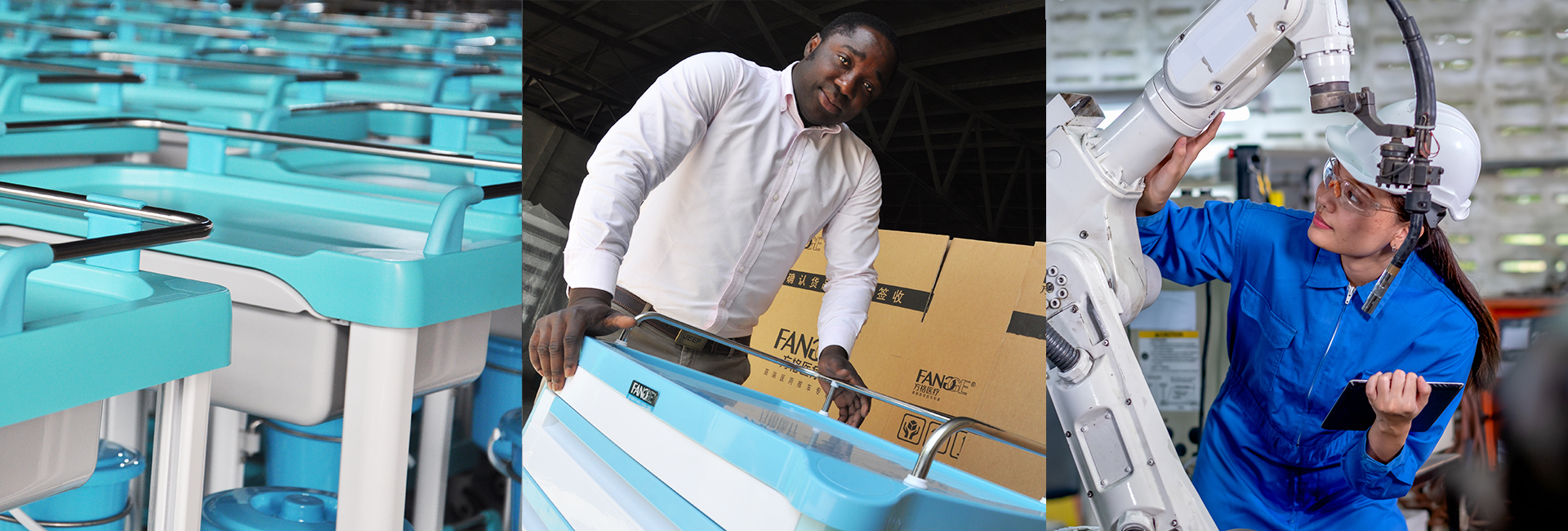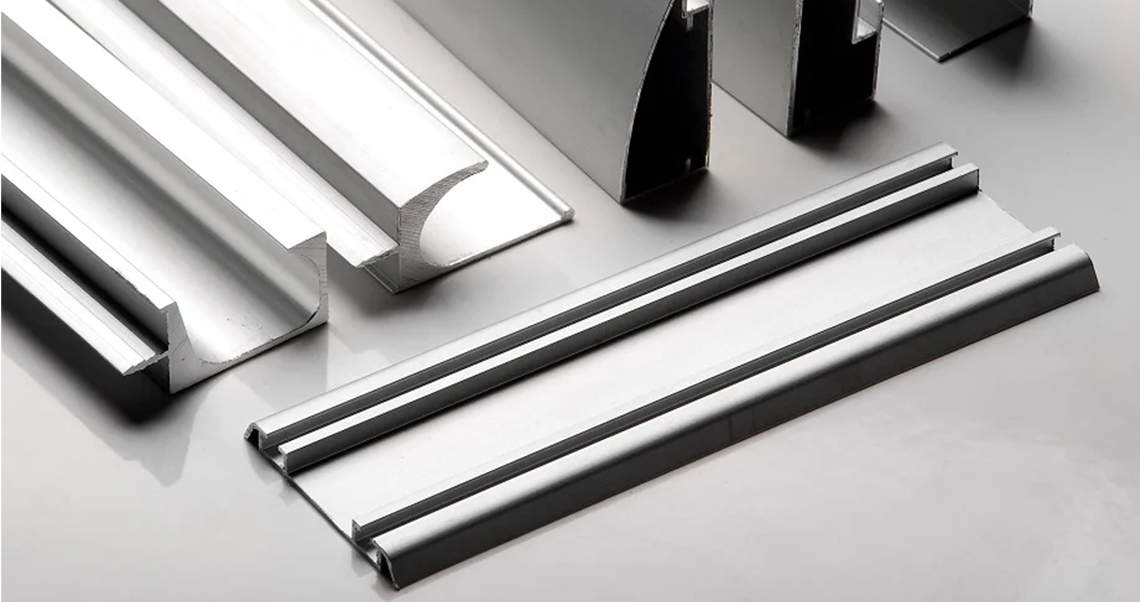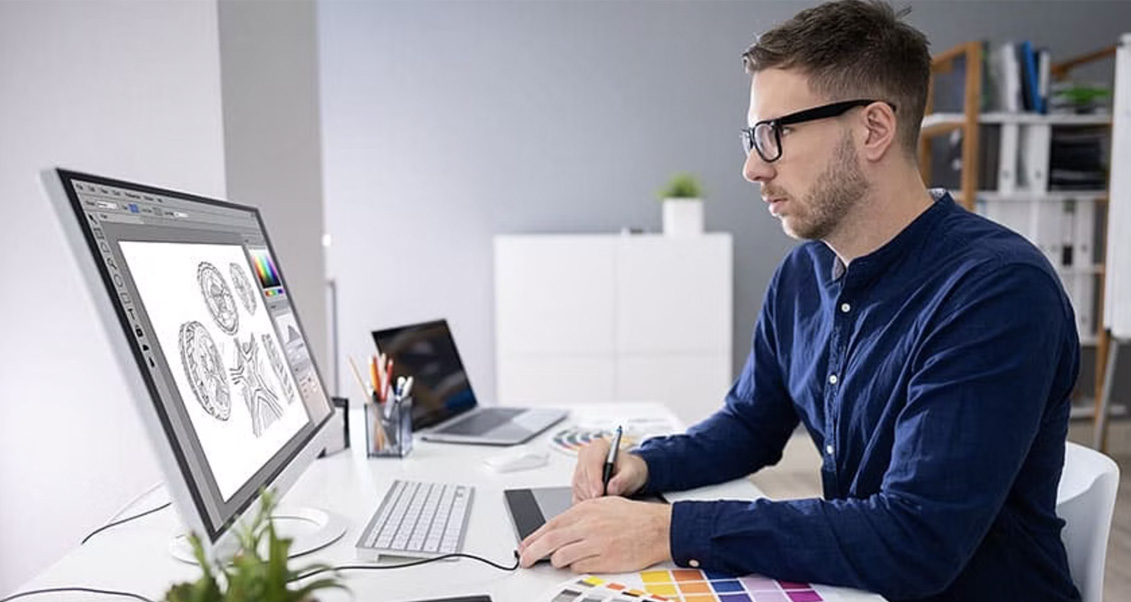Aluminum not only gives Fangge products their iconic appearance, making them lightweight, aesthetically pleasing, and durable, but it also helps us reduce our carbon footprint. Moreover, the aluminum we use is 100% recyclable indefinitely. According to some studies, the carbon footprint of recycled aluminum can be more than 50% lower than that of primary aluminum. Recycling and reusing aluminum is also a crucial way to achieve carbon neutrality. It reduces the demand for new aluminum materials, thereby lessening the environmental impact and taking a significant step towards our goal of carbon neutrality.







